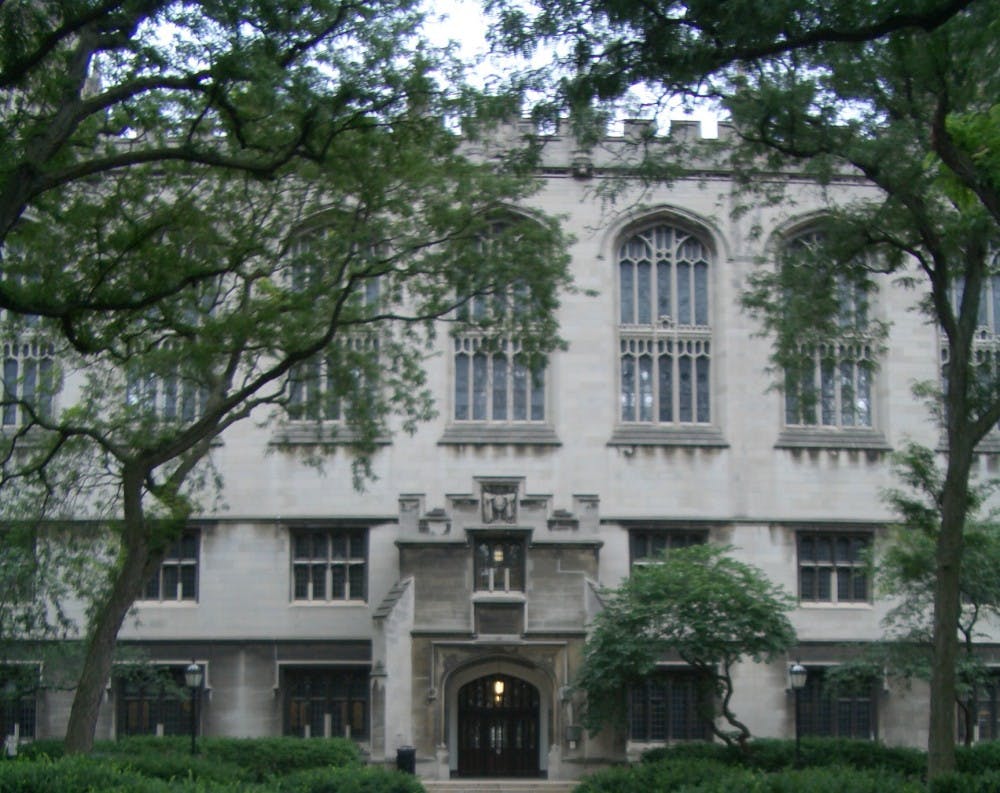
Photo by Justin Wong // CC BY 2.0
Graduate students at the University of Chicago voted to unionize earlier this week despite facing resistance from the university's administrative staff.
Following a two-day election that concluded on Oct. 18, UChicago became one of 12 academic institutions to host a Graduate Student Union after graduate students at the university voted to unionize by 1,103 votes to 479, according to the Chicago Maroon.
In the buildup to the election, graduate students at the university faced considerable opposition from the administration. Administrators and the GSU had been involved in litigation since May regarding the legitimacy of the vote and the status of graduate students as employees, the Hyde Park Herald reported.
The National Labor Relations Board approved the request for the vote in August. The university opposed the approval of the vote and requested the NLRB to delay the election and reconsider their decision. The NLRB did not rule on the request.
David Nirenberg, UChicago's executive vice provost, warned graduate students in an email on Oct. 15 of the potential issues that could arise following the establishment of a graduate student union in areas such as graduate research and funding for certain academic programs.
"These are not imaginary worries," Nirenberg wrote. "They are the reasonable product of careful consideration of labor law, and of the unprecedented nature of the proposed graduate student union."
Graduate students at Penn faced similar opposition from administrators during a push to unionize last year.
"The relationship between faculty and graduate students at Penn has succeeded so well, and our commitment, to preparing Penn students for their future careers is so strong, in no small part because Penn faculty serve as mentors, not managers,” Penn President Amy Gutmann and former Provost Vincent Price wrote. “That clearly changes when the interaction — which would be governed by an external third party — is no longer collegial, but instead the subject of union rules.”
Despite administrative pushback, at least one notable UChicago alumnus was in support of the graduate students' move.
"Having a union ends the arrangement where the employer makes all the decisions unilaterally, and institutes a legal process where your union organization collectively bargains with the employer regarding the issues you have identified as needing improvement," Sen. Bernie Sanders (I-Vt.), a 1964 UChicago graduate, wrote in a letter.
He added, "I respect the critical work you do every day, and wish you the very best in your efforts to create a democratic workplace where your voice can really be heard."
The Daily Pennsylvanian is an independent, student-run newspaper. Please consider making a donation to support the coverage that shapes the University. Your generosity ensures a future of strong journalism at Penn.
Donate




